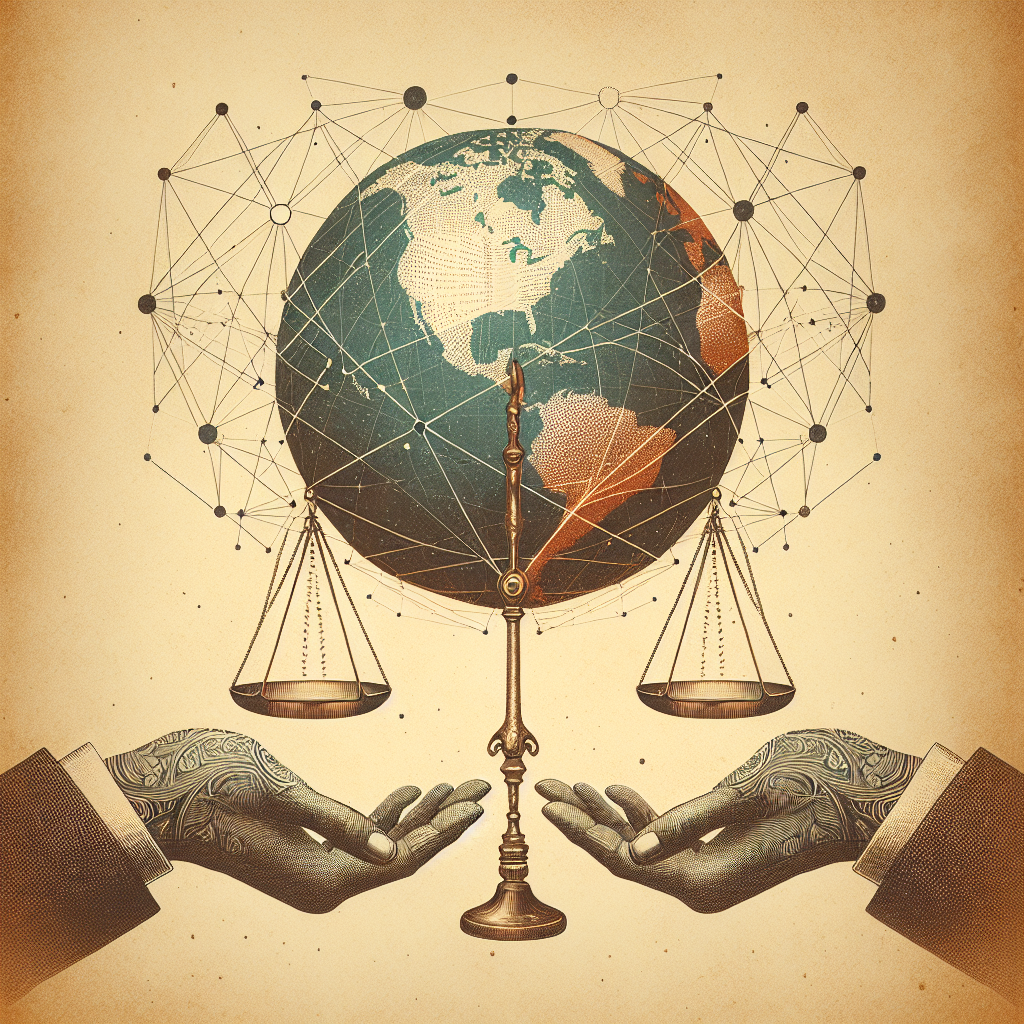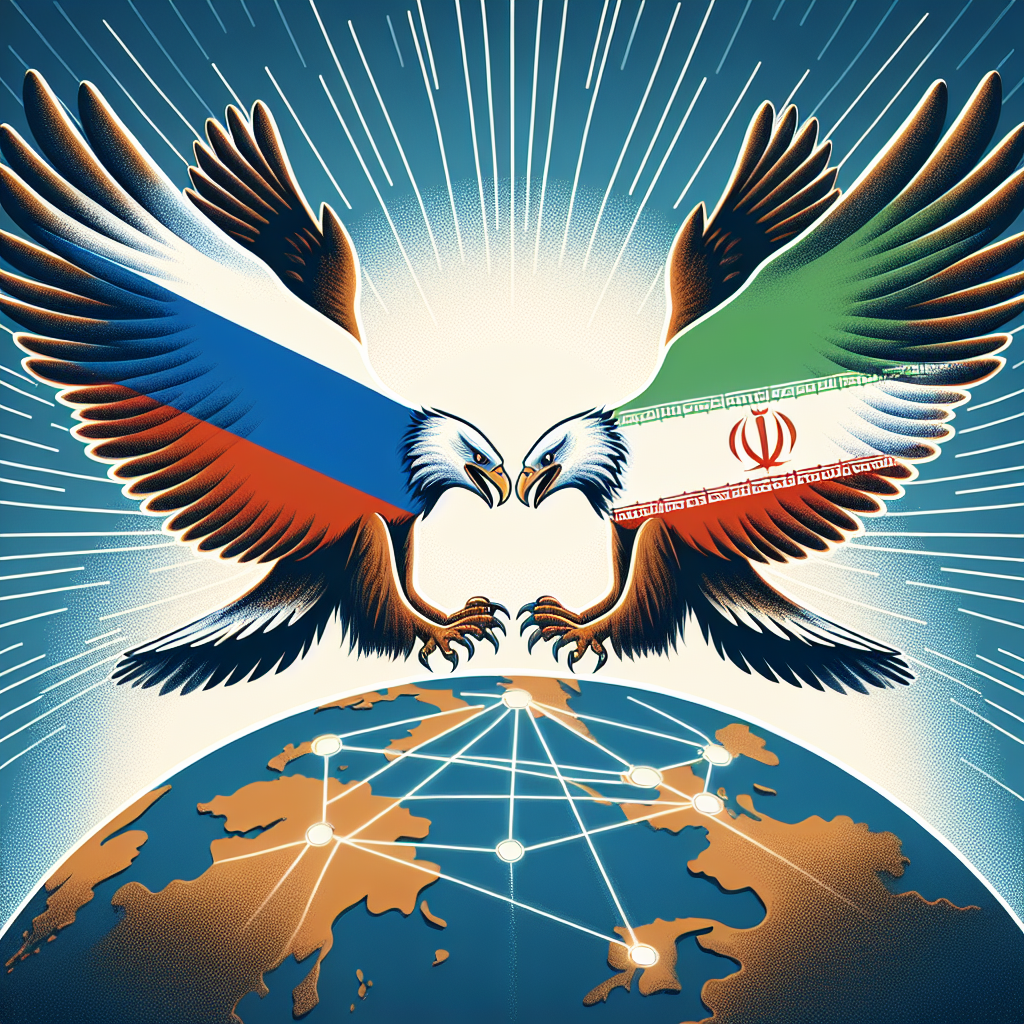Exploring the Potential Russia-Iran Alliance: A New Axis of Influence?
Exploring the Potential Russia-Iran Alliance: A New Axis of Influence?

Introduction
The geopolitical landscape is witnessing a potential shift as Russia and Iran explore a closer alliance. This emerging partnership could redefine power dynamics in the region and beyond, raising questions about its implications for global politics.
Key Drivers of the Alliance
Several factors are driving Russia and Iran towards a potential alliance:
- Shared Strategic Interests: Both nations have common goals in the Middle East, particularly in Syria, where they support the Assad regime.
- Economic Cooperation: Sanctions from Western countries have pushed Russia and Iran to seek alternative economic partnerships.
- Military Collaboration: Joint military exercises and arms deals are strengthening their defense ties.
Potential Implications
The formation of a Russia-Iran alliance could have significant consequences:
- Regional Stability: Their cooperation might alter the balance of power in the Middle East, affecting countries like Saudi Arabia and Israel.
- Global Energy Markets: As major oil and gas producers, their alliance could influence global energy prices and supply chains.
- Western Relations: This partnership may further strain relations with Western nations, particularly the United States and European Union.
Challenges to the Alliance
Despite potential benefits, several challenges could hinder the alliance:
- Historical Tensions: Historical mistrust and differing regional ambitions could limit cooperation.
- Economic Limitations: Both countries face economic challenges that might restrict the depth of their partnership.
- International Pressure: Increased scrutiny and sanctions from Western powers could deter collaboration.
Conclusion
The potential Russia-Iran alliance represents a significant development in international relations, with the power to reshape regional and global dynamics. While shared interests and mutual benefits drive this partnership, historical tensions and external pressures pose challenges. As this relationship evolves, it will be crucial to monitor its impact on global politics and stability.
















